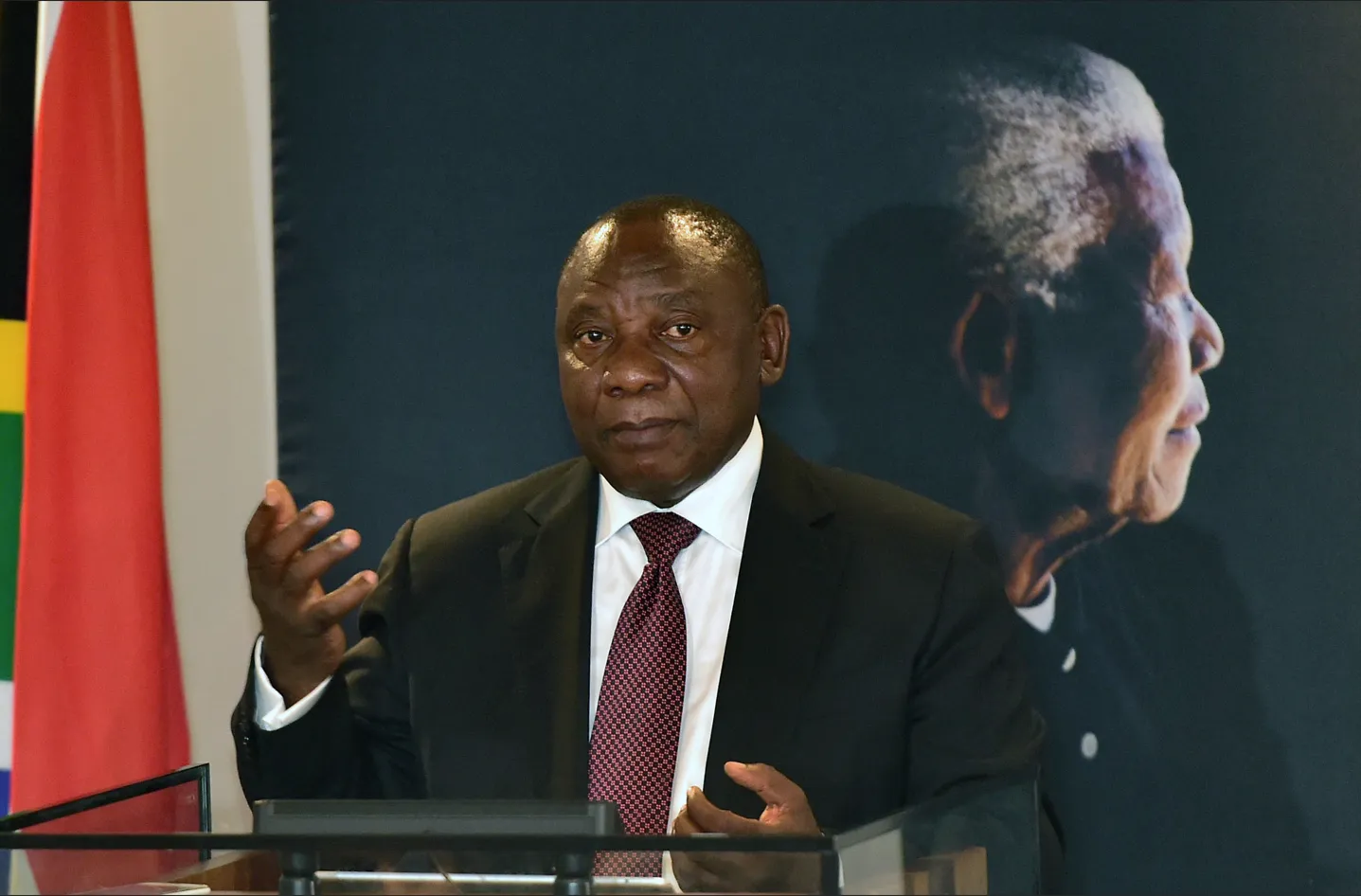How South Africa’s elections may reshape its democracy

Disclaimer: Opinions expressed in this commentary are those of the authors and do not necessarily represent the institutional position of International IDEA, its Board of Advisers or its Council of Member States.
Thirty years ago, South Africans cast their ballots in the country’s first democratic elections, making a definitive statement about how the country should be governed. As South Africans now prepare to vote on 29 May, their democracy appears to be standing at another important juncture. Polls project that the long-governing African National Congress (ANC) party is set to lose its majority, raising the prospect of potentially unstable coalition governance and even a renegotiation of South Africa’s post-Apartheid settlement.
The end of ANC dominance?
Until now, uncertainty about which party would govern has been largely absent from South Africa’s national elections. Since 1994, the ANC has been able to build on the legitimacy it gained as the country’s liberation struggle movement and convert widespread support into large electoral majorities. Yet recent polls suggest that the ANC may win less than 50 per cent of the vote for the first time, with polling company IPSOS currently forecasting they will receive between 42 and 46 per cent of the popular vote. Such an electoral result would be a major shift in South Africa’s political landscape and symbolic of declining confidence in the capacity of the ANC to deliver on the post-apartheid social contract, including its long-standing promise to improve the material conditions of the country’s poor.
A turbulent return to national coalition governance?
As it has become increasingly clear that no party is likely to win an absolute majority (IPSOS puts the ANC’s nearest challenger, the Democratic Alliance (DA), at between 20 and 21.5 per cent), much attention has been paid to the various governing coalitions that might be formed. Coalition governance at the national level is not new to South Africa; its first post-Apartheid government was a government of national unity. But to get a sense of how it is likely to play out on this occasion, a better guide can be found in the performance of municipal and local coalition governments. Here, despite some success stories, political polarization and personal ambition have prevented the cooperation and compromise necessary to form stable, policy-oriented coalitions.
In the absence of a broader sense of national unity, many commentators are pessimistic about the prospects of political parties being able to overcome their divisions and realise the democratic potential of coalition governance. They fear that the 2024 elections will usher in a new period of volatility, in which short-lived governments are collapsed and reconstituted by parties playing politics.
Revising the post-Apartheid settlement?
Among the parties most likely to influence an ANC-led coalition government (either within or outside of it) are the Economic Freedom Fighters (EFF) and the newly established uMkhonto Wesizwe party (MK), both of which are breakaways from the ANC (the latter led by former ANC President Jacob Zuma) and are competing for its core voters. Forecast to win the third and fourth largest shares of the national vote respectively, their manifestos contain pledges to undo key elements of South Africa’s post-Apartheid democratic settlement.
They include a commitment from the EFF to remove constitutional provisions for compensation in cases of land expropriation and, in the case of MK, a promise to scrap the constitution itself. These pledges reflect a growing dissatisfaction amongst some young Black voters with the liberal constitutional order, which they blame for the country’s persistent social and economic inequalities. By contrast, the DA, a centre-right party with a support base among South Africa’s racial minorities, offers an economically liberal diagnosis, in which the plight of the poor is explained not by constitutional constraints but excessive state control over the economy and race-based policies.
MK will fall well short of the majorities it would need to command in both chambers of parliament to scrap the constitution, and whichever government emerges from these elections will be subject to the same constraints that have tempered previous administrations, most notably the financial markets. Yet, the manifesto commitments of influential political parties and the growing perception of the post-Apartheid settlement as a 'sham' should not be ignored.
The world is watching
Much about the outcome of these elections remains uncertain, but how South Africa navigates the changes they may present will reveal much about its future democratic trajectory. In this it will be closely observed around the world, especially in the southern African region, where other liberation movement governments are experiencing similar declines in support.




